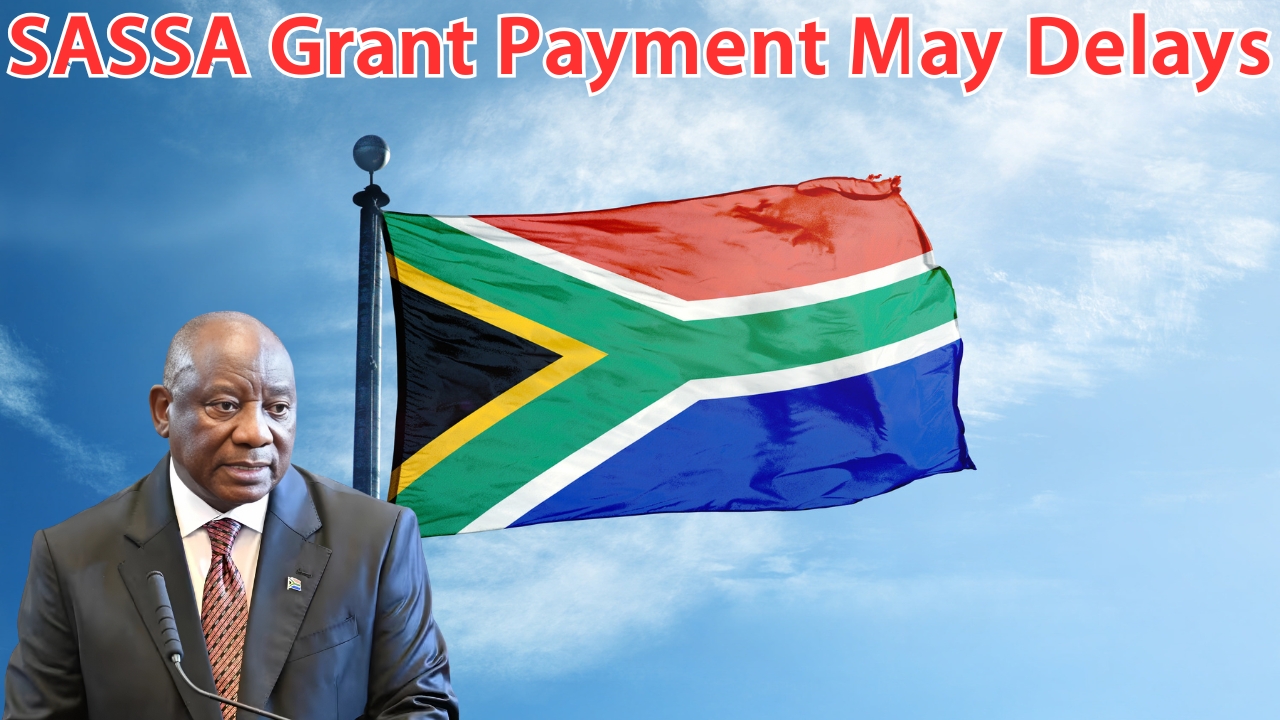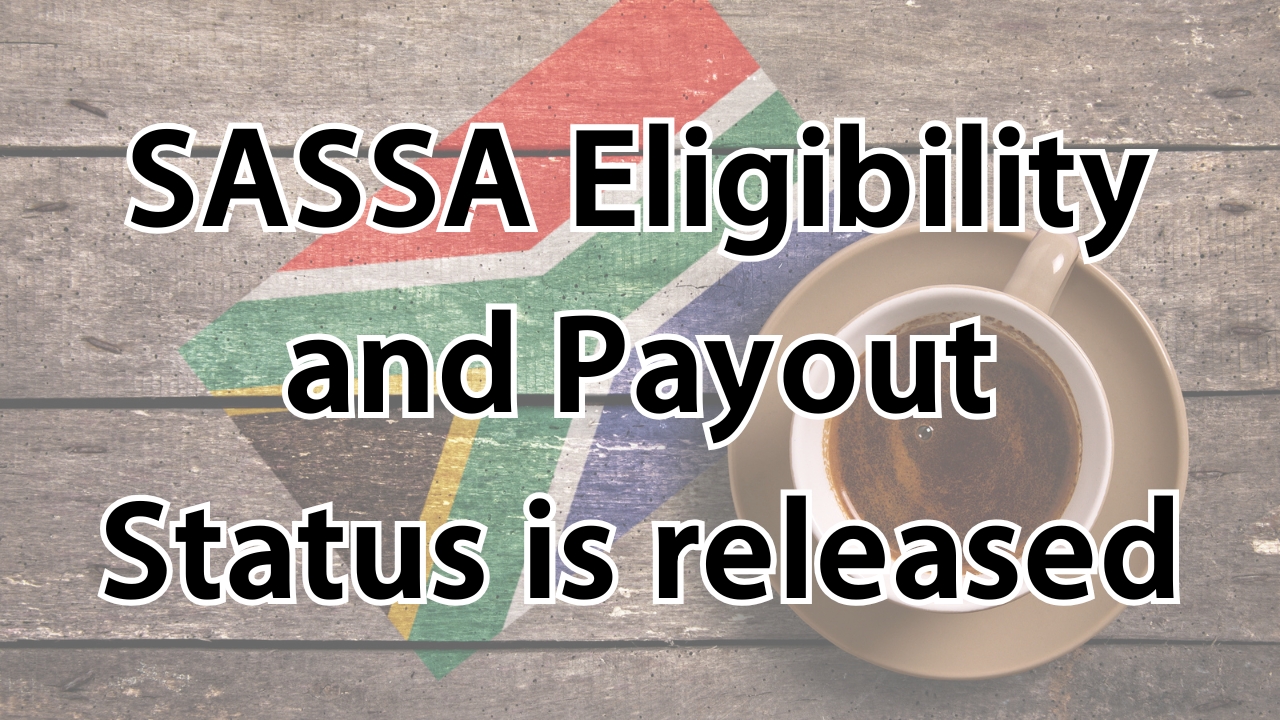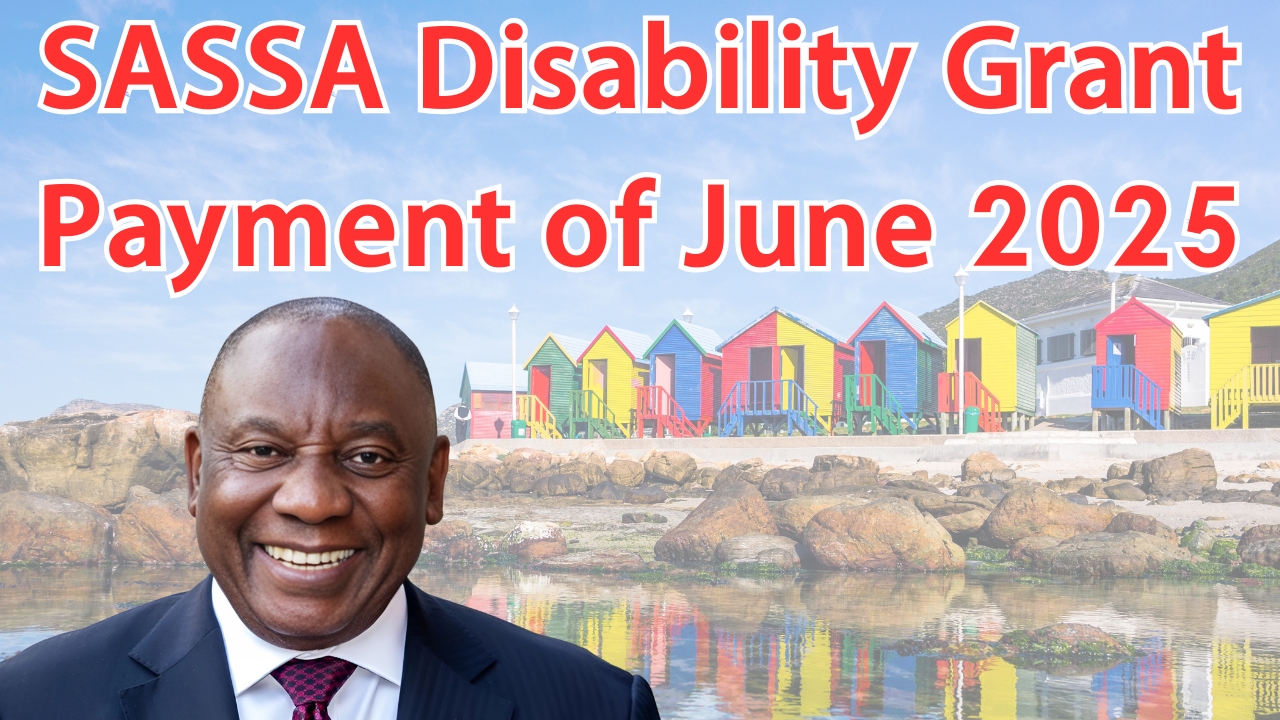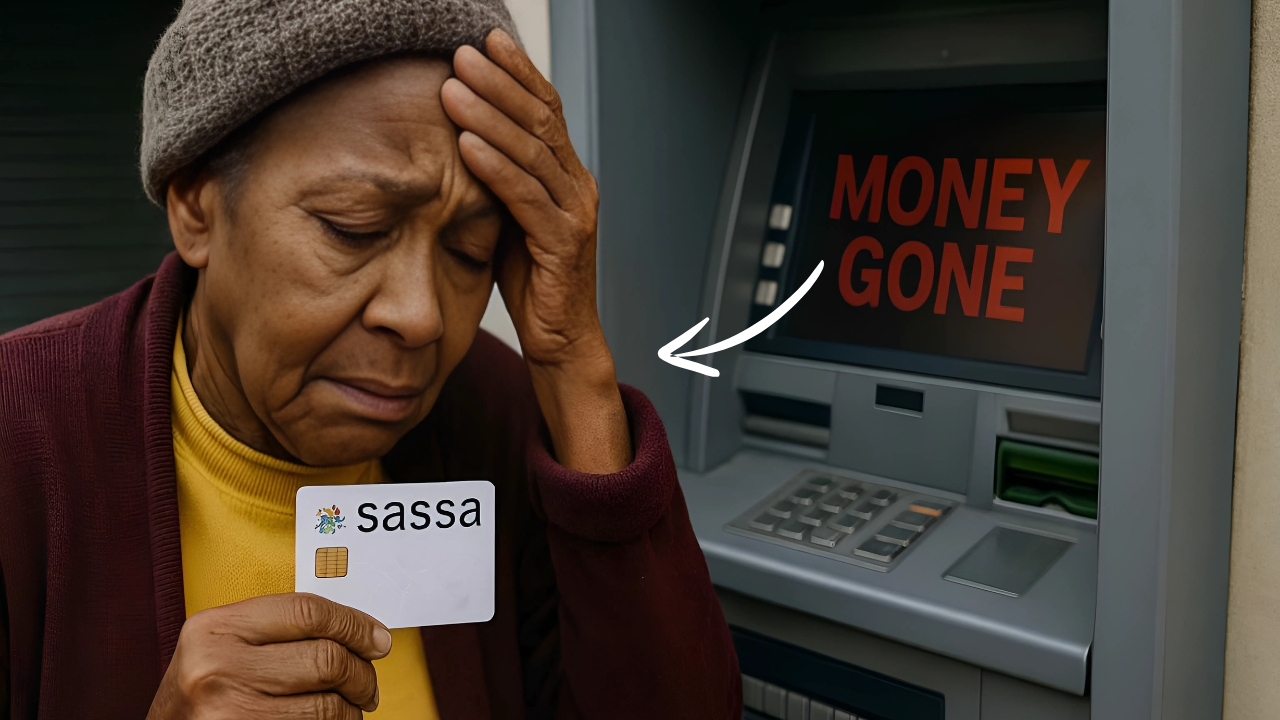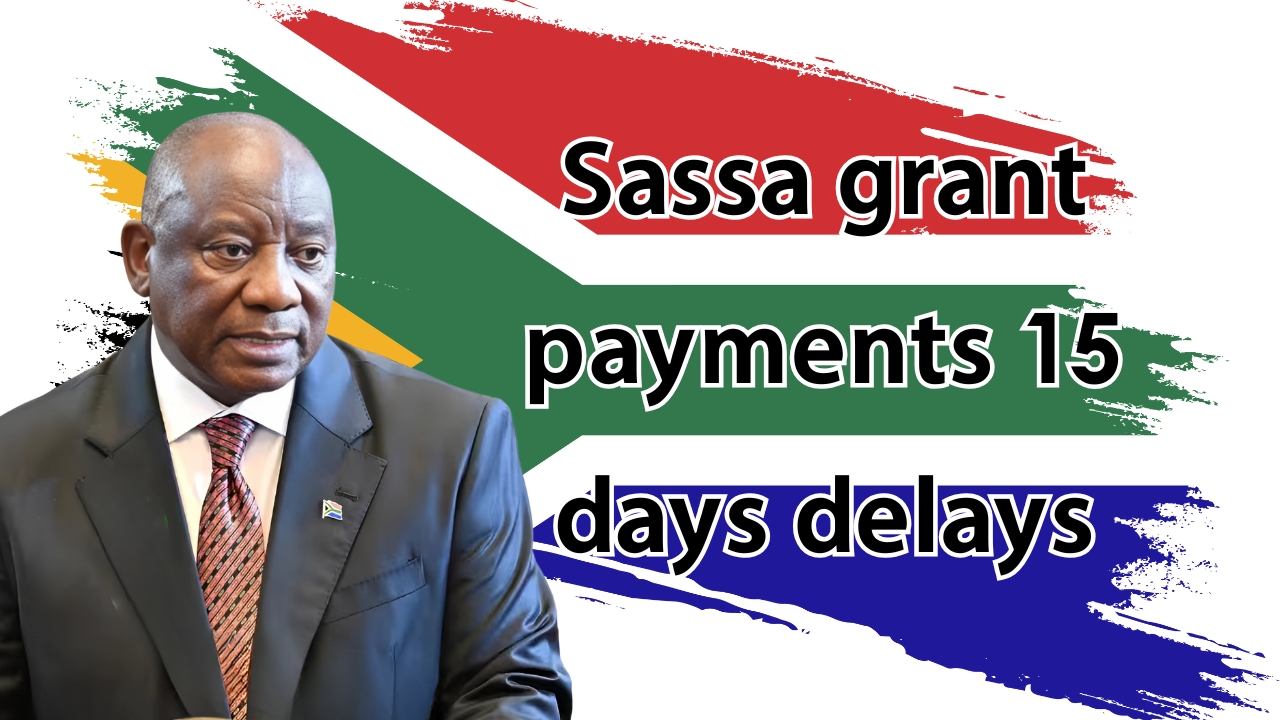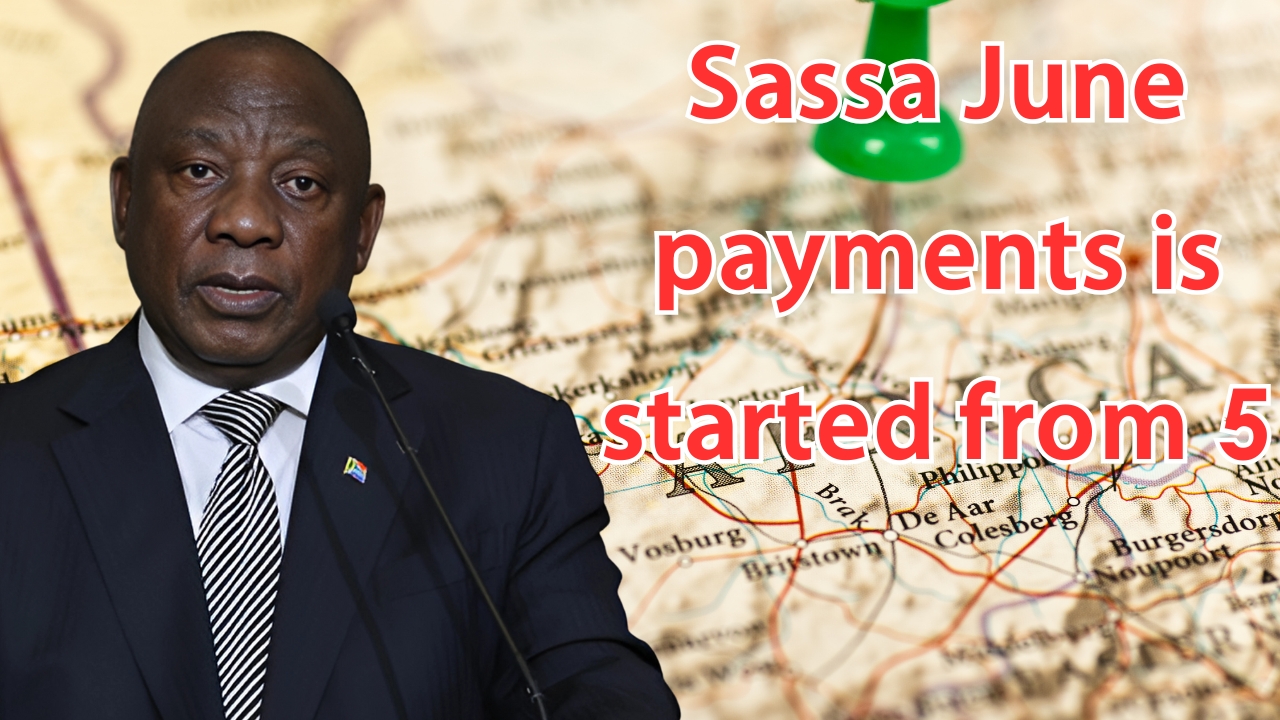South African Social Security Agency (SASSA) beneficiaries have faced significant disruptions to their grant payments in recent months, with both May and June 2025 experiencing unprecedented delays that have affected hundreds of thousands of vulnerable households across the country.
These delays stem from a combination of administrative reviews, calendar complications, and enhanced fraud prevention measures that have fundamentally altered the traditional payment schedule.
The Scale of the Problem
The most significant disruption affects over 210,000 grant recipients who will experience payment delays in June 2025.
This represents one of the largest administrative hold-ups in recent memory, spanning all categories of social grants including older persons grants, disability grants, and child support grants.
The affected beneficiaries have been flagged by SASSA’s enhanced verification systems, which identified potential discrepancies in their declared financial circumstances.
The June delays follow earlier disruptions in May 2025, when payments were postponed to the second week of the month.
Unlike the usual practice of starting payments from the second day of each month, May 2025 saw grants only beginning distribution on May 6, creating an extended five-week gap between April and May payments that placed considerable strain on household budgets.
Root Causes of the Delays
Income Declaration Violations
SASSA’s collaboration with registered credit bureaus has identified numerous beneficiaries who “appear to be receiving income that was not truthfully disclosed” during their initial applications or subsequent reviews.
This represents a fundamental breach of the Social Assistance Act, which requires complete transparency regarding all income sources.
The agency’s investigation focuses on so-called “double dippers” – individuals who receive social grants while earning undeclared income from other sources.
According to SASSA regulations, beneficiaries are legally required to fully disclose all sources of income during their initial application and must inform the agency of any changes to their financial circumstances after approval.
Enhanced Verification Systems
SASSA has significantly upgraded its fraud detection capabilities through data-matching systems and comprehensive financial audits.
These technological improvements have enabled the agency to cross-reference beneficiary information with banking records, employment databases, and other government systems to identify inconsistencies that previously went undetected.
Calendar and Administrative Factors
The May delays were attributed to calendar complications involving multiple public holidays and weekends occurring in close succession, which disrupted normal banking operations.
This created logistical challenges for payment processing that forced SASSA to adjust its traditional schedule.
Impact on Beneficiaries
Financial Hardship
The extended payment gaps have created severe financial pressure for millions of South Africans who depend on social grants for basic survival.
Many beneficiaries support multiple household members with their grants, making even short delays devastating for family budgets.
The timing of these delays coincides with increased living costs, including recent VAT increases that have further eroded purchasing power.
Vulnerable Demographics Affected
The delays impact some of South Africa’s most vulnerable populations, including elderly citizens receiving the Old Age Grant, individuals with disabilities, and families dependent on Child Support Grants.
These groups typically have limited alternative income sources and rely heavily on the predictable monthly payment schedule for budgeting essential expenses like food, medication, and transportation.
The Review Process
Mandatory Office Visits
SASSA has instructed affected beneficiaries to present themselves at their nearest local offices “for a grant review within 30 days from this notice date”, which was announced on May 27, 2025.
This face-to-face verification process is designed to confirm the accuracy of beneficiary information and resolve any discrepancies identified by the automated systems.
Required Documentation
Beneficiaries attending these reviews must bring current documentation including updated proof of income, valid South African identification, and recent bank statements.
Any previously undisclosed bank accounts must be revealed during this process. SASSA has also encouraged those still using outdated green barcoded ID books to upgrade to smart ID cards, as the older documents are more susceptible to fraudulent activity.
Consequences of Non-Compliance
SASSA has warned that grant recipients who fail to comply with the review process could face grant suspension, and continued non-compliance may lead to permanent cancellation of their grants.
This stern approach reflects the agency’s commitment to eliminating fraud within the social assistance system.
New Verification Measures
Biometric Systems for SRD Grants
Starting in June 2025, all new applicants for the COVID-19 Social Relief of Distress (SRD) grant must complete biometric verification as part of their application process.
This technological enhancement aims to reduce fraud and ensure grants reach genuinely eligible recipients, though it may slow the processing of new applications.
Prioritized In-Person Reviews
SASSA staff have been instructed to prioritize face-to-face reviews over telephonic inquiries for flagged cases, recognizing the higher risk of identity mismatches and the need for physical verification of documentation.
Grant Amounts and Payment Schedules
Despite the delays, grant amounts have increased in 2025 following budget announcements. Current monthly values include significant adjustments that represent meaningful financial relief for beneficiaries when payments are received on schedule.
The agency has maintained its commitment to the staggered payment system, which distributes different grant types across consecutive days to prevent overcrowding at payment points and reduce system pressure.
Looking Forward
System Improvements
SASSA’s enhanced verification systems represent a necessary evolution in grant administration, designed to protect public resources and ensure assistance reaches those who genuinely qualify.
While these measures have created temporary disruptions, they aim to establish a more robust and fraud-resistant system for the long term.
Recommendations for Beneficiaries
Affected beneficiaries should act promptly to comply with review requirements and maintain up-to-date information with SASSA.
Regular monitoring of grant status through official channels can help identify potential issues before they result in payment delays.
The agency encourages beneficiaries to keep all personal and banking information current and to report any changes in financial circumstances immediately.
SASSA Grant Payment May Delays
The Department of Social Development has acknowledged the hardship caused by these delays while emphasizing that system integrity measures are essential for protecting the social assistance program.
Officials are exploring future solutions to minimize disruptions, including alternative payment mechanisms less dependent on banking holidays and improved communication systems for advance notice of schedule changes.
The current delays, while challenging for beneficiaries, reflect SASSA’s determination to create a more accountable and sustainable social assistance system.
Success in eliminating fraud and ensuring proper targeting of grants will ultimately benefit all legitimate beneficiaries by preserving the program’s long-term viability and public trust.
